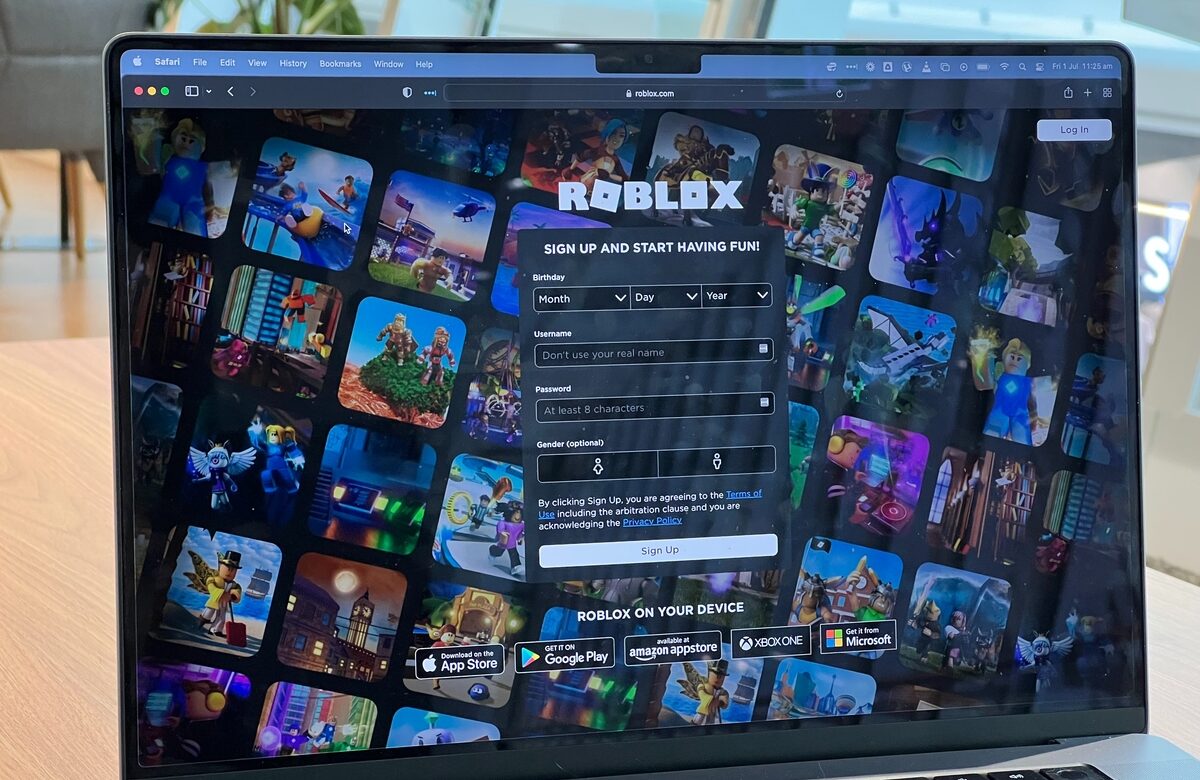- EducationFinance
- October 11, 2024
- No Comment
- 61
Tips for buying a Used Car

Tips for buying a Used Car
Rev Up Your Purchase: Essential Tips for Buying a Used Car
Make a smart choice when buying a used car with these essential tips. Research the specific make and model to understand its reliability and common issues. Set a budget, considering not just the purchase price but also insurance, taxes, and potential repairs. Obtain a vehicle history report to check for accidents, title issues, and odometer discrepancies. Inspect the car thoroughly, or consider hiring a professional mechanic for a pre-purchase inspection. Take the car for a test drive to assess its performance and handling. Negotiate the price based on your research and the condition of the vehicle. Review and understand the terms of the sale, including any warranties or return policies. Complete the necessary paperwork carefully to ensure a smooth and legal transaction.

Advantages of Following Used Car Buying Tips:
- Enhanced confidence in the reliability and condition of the chosen vehicle.
- Improved financial planning with a well-defined budget and negotiation skills.
- Maximized awareness of potential issues through thorough research and inspections.
- Reduced risk of purchasing a problematic or unsafe used car.
- Promotion of a positive and successful used car buying experience.
Disadvantages of Ignoring Used Car Buying Tips:
- Increased risk of unexpected issues and repairs due to insufficient research.
- Challenges in budgeting and potential overspending on the purchase.
- Missed opportunities to identify and address potential problems before buying.
- Higher likelihood of dissatisfaction with the chosen vehicle.
- Potential negative impact on overall satisfaction with the used car buying process.
Things to Avoid for a Successful Used Car Purchase:
Avoid rushing the decision; take the time to research and inspect thoroughly. Minimize skipping the test drive; assess the car’s performance firsthand. Refrain from neglecting the paperwork; ensure all documents are in order. Avoid ignoring red flags or potential issues during the inspection. Stay clear of finalizing the purchase without a clear understanding of the terms and conditions. Consult with experienced car buyers or professionals for specific questions or concerns.
Set a Budget:
Set a realistic budget for your used car purchase. Consider not only the upfront cost but also ongoing expenses such as insurance, maintenance, and fuel. Stick to your budget to avoid overspending.
- Set a realistic budget for your used car purchase.
- Consider not only the upfront cost but also ongoing expenses like insurance, maintenance, and fuel.
- Stick to your budget to avoid overspending and financial strain.
Research the Vehicle:
Conduct thorough research on the specific make and model you are interested in. Look for reviews, reliability ratings, and common issues associated with the car. Knowledge is key to making an informed decision.
- Conduct thorough research on the specific make and model you are interested in.
- Look for reviews, reliability ratings, and common issues associated with the car.
- Knowledge is key to making an informed decision about the vehicle’s performance and potential maintenance issues.
Check Vehicle History Report:
Obtain a vehicle history report using the vehicle identification number (VIN). This report provides details about the car’s past, including accidents, title issues, and odometer readings.
- Obtain a vehicle history report using the vehicle identification number (VIN).
- This report provides details about the car’s past, including accidents, title issues, and odometer readings.
- Check for any red flags that might affect the car’s reliability or resale value.
Inspect the Car in Person:
Inspect the car in person before making a purchase. Look for signs of wear and tear, check the engine, test the brakes, and take the vehicle for a test drive. If possible, have a trusted mechanic perform a pre-purchase inspection.
- Inspect the car in person before making a purchase.
- Look for signs of wear and tear, check the engine, test the brakes, and take the vehicle for a test drive.
- If possible, have a trusted mechanic perform a pre-purchase inspection to identify any hidden issues.
Negotiate the Price:
Negotiate the price with the seller. Use your research findings, including the vehicle’s condition and market value, to negotiate a fair and reasonable price. Be prepared to walk away if the terms are not favorable.
- Negotiate the price with the seller.
- Use your research findings, including the vehicle’s condition and market value, to negotiate a fair and reasonable price.
- Be prepared to walk away if the terms are not favorable or if the seller is unwilling to negotiate.
Review the Paperwork:
Review all paperwork related to the used car. Ensure the title is clear, and there are no outstanding liens. Verify the accuracy of the odometer reading and carefully read the terms of the sale before signing any contracts.
- Review all paperwork related to the used car.
- Ensure the title is clear, and there are no outstanding liens on the vehicle.
- Verify the accuracy of the odometer reading and carefully read the terms of the sale before signing any contracts.
Consider a Certified Pre-Owned (CPO) Vehicle:
Consider a Certified Pre-Owned (CPO) vehicle for added peace of mind. CPO cars undergo rigorous inspections and come with extended warranties, providing assurance of their condition and reliability.
- Consider a Certified Pre-Owned (CPO) vehicle for added peace of mind.
- CPO cars undergo rigorous inspections and come with extended warranties, providing assurance of their condition and reliability.
- This option is especially beneficial for buyers looking for additional protection and a higher level of confidence in their purchase.
Be Wary of Too Good to Be True Deals:
Be wary of deals that seem too good to be true. If a price appears significantly lower than the market average, it could be a red flag for potential hidden problems or scams. Exercise caution and trust your instincts.
- Be wary of deals that seem too good to be true.
- If a price appears significantly lower than the market average, it could be a red flag for potential hidden problems or scams.
- Exercise caution, and trust your instincts when encountering unusually low prices.
Secure Financing Beforehand:
Secure financing beforehand if you plan to take out a loan. Having pre-approved financing allows you to negotiate with confidence and gives you a clear understanding of your budget.
- Secure financing beforehand if you plan to take out a loan.
- Having pre-approved financing allows you to negotiate with confidence and gives you a clear understanding of your budget.
- Explore loan options from banks, credit unions, or online lenders to find the most favorable terms.








